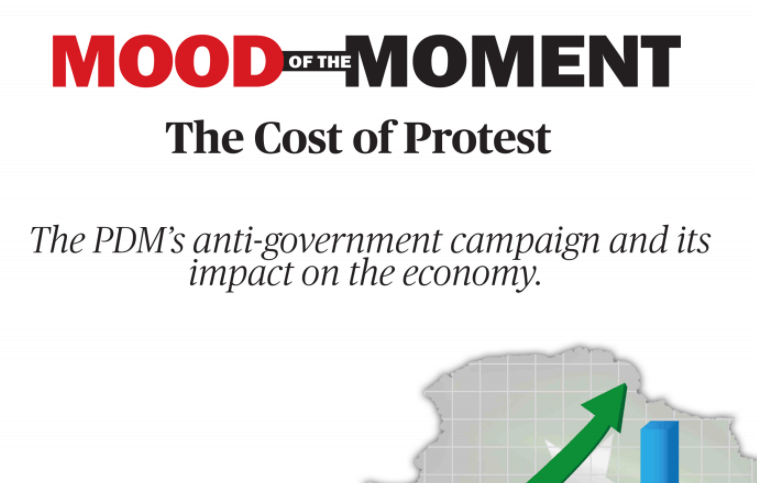Local rebar prices have increased by R1,5000 per metric ton recently as manufacturers look to pass on the impact of increasing scrap prices.
The rally in scrap prices has been upended by geopolitical tensions, with LME scrap prices currently trading around $629 per ton, increasing by 24% in the last one month. Rebar prices have also joined the rally recently, increasing by 8% in the last one week, as mills in Europe suspended operation due to high energy costs, said a report.
“Even though scrap prices have lost a bit of steam (declining by 10% in last one week), we expect rebar prices to maintain their ground in the short run, resulting in increased rebar-scrap spread after it has already increased by 80% in last one week. Locally, rebar prices have increased by R15,000 per ton during the last month as manufacturers passed on the increasing cost of scrap while we expect them to increase further by Rs5000 -10000 per ton after scrap prices move past $600/ton. We term the current dip in prices as an opportunity to accumulate with ASTL and MUGHAL as our top picks from the sector where MUGHAL will have additional support to earnings after copper prices are again trading around their all-time high,” said a report issued by AKD Securities Limited.
It said that steel prices, particularly scrap, were already on an uptrend with global demand increasing courtesy post-COVID recovery and the global shift towards greener forms of producing steel. However, the same uptrend has been upended by the Russia-Ukraine conflict, with LME scrap/rebar prices increasing by 24/21% in the last one month. The initial impact was felt more in scrap prices as Russia’s scrap steel accounted for 5% of 2020 global trade while for iron ore, Russia/Ukraine exported 26/46mn tons in 2020, forming 2/3% of the global iron ore trade.
“Hence, scrap was not only directly impacted but higher prices of iron ore also contribute towards increase. Later on, prices of rebar also caught up with scrap prices as energy prices in Europe increased, leading to extremely high costs for EAF based steel manufacturers and resultantly, a number of them have announced the suspension of operations, and where operations have not been curtailed or suspended, prices have been increased rapidly.”
It said that LME rebar prices have increased by 6% in the last one week against 10% decrease in scrap prices. The decline in scrap is the market’s reaction to expected decreased demand from EAF based manufacturers. The spread between LME rebar and scrap prices has increased as well, standing at $270 per ton currently, up 80% in the last one week. It said that local rebar prices have increased by R1,5000 per ton recently as manufacturers look to pass on the impact of increasing scrap prices. Current prices incorporate scrap prices of $575-580 per ton, as per our calculation, if margins are to sustain. However, local players have procured scrap at rates higher than $600 per ton recently, hence another price hike of Rs5,000-Rs10,000 per ton in the near term cannot be ruled out.
“Moreover, even if the scrap prices lose steam, we expect rebar prices to maintain their high ground at least in short term, allowing local players to enjoy a higher spread as the landed price of imported rebar is also expected to remain high. A threat to the aforesaid will be if pricing power declines due to sanguine demand where recently we have witnessed local cement sales declining by 0.2% for February 22, taking the total for 8MFY22 to 31.5mn tons, down 0.6% year-on-year basis,” the report said.
“With political and macroeconomic climate remaining uncertain, we expect demand to continue to remain soft in the near term, exerting pressure on pricing power. An increase in energy prices is another factor which will contribute to pressure on margin with power costs across the board expected to increase however if demand remains strong, we expect players to continue passing on the cost,” the report said.
The report further said that local long rolled steel manufacturers have remained under pressure lately, declining by 20% against 1.7% of KSE-100 as the broader market took the pressure of escalating tensions between Ukraine and Russia and the resultant increase in global commodity prices.
“Additional pressure arrived from local political tensions spiking up. However, we term the current prices as an opportunity to accumulate as a recent rebar price increase will release pressure off margins while scrap prices have also tapered off,” the report concluded.



